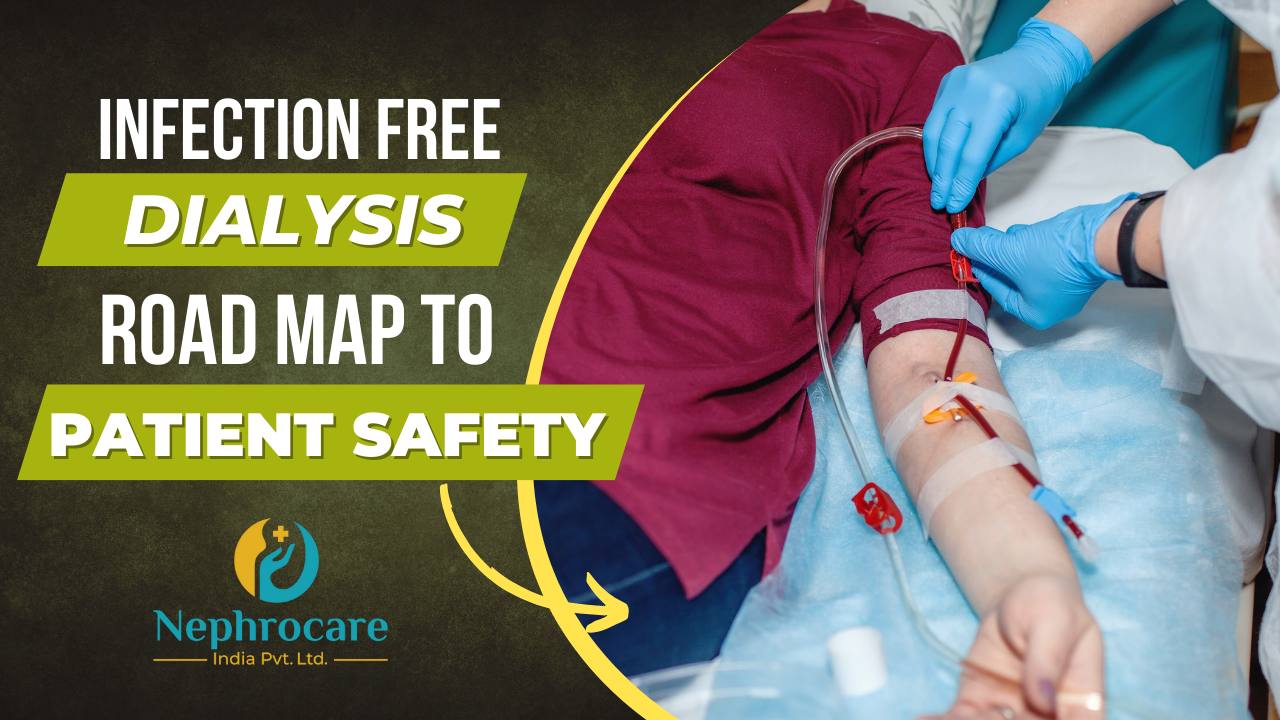
- 389
- 0
Infections-Free Dialysis: A Roadmap to Patient Safety
The primary reason for hospitalization and the second leading cause of death among hemodialysis (HD) patients is infection. It is very crucial to prevent infections in individuals experiencing dialysis. In this ongoing process, most of the patients have compromised immune systems and are more susceptible to infections. We need to take some key measures to prevent infections in the context of dialysis. These are:
Hand Hygiene:

- Good hand hygiene is very vital for healthcare providers, patients, and their caregivers.
- Wash hands thoroughly with soap and water or use alcohol-based hand sanitizers before and after any patient contact. using the seven – step hand washing technique.
Aseptic Technique:
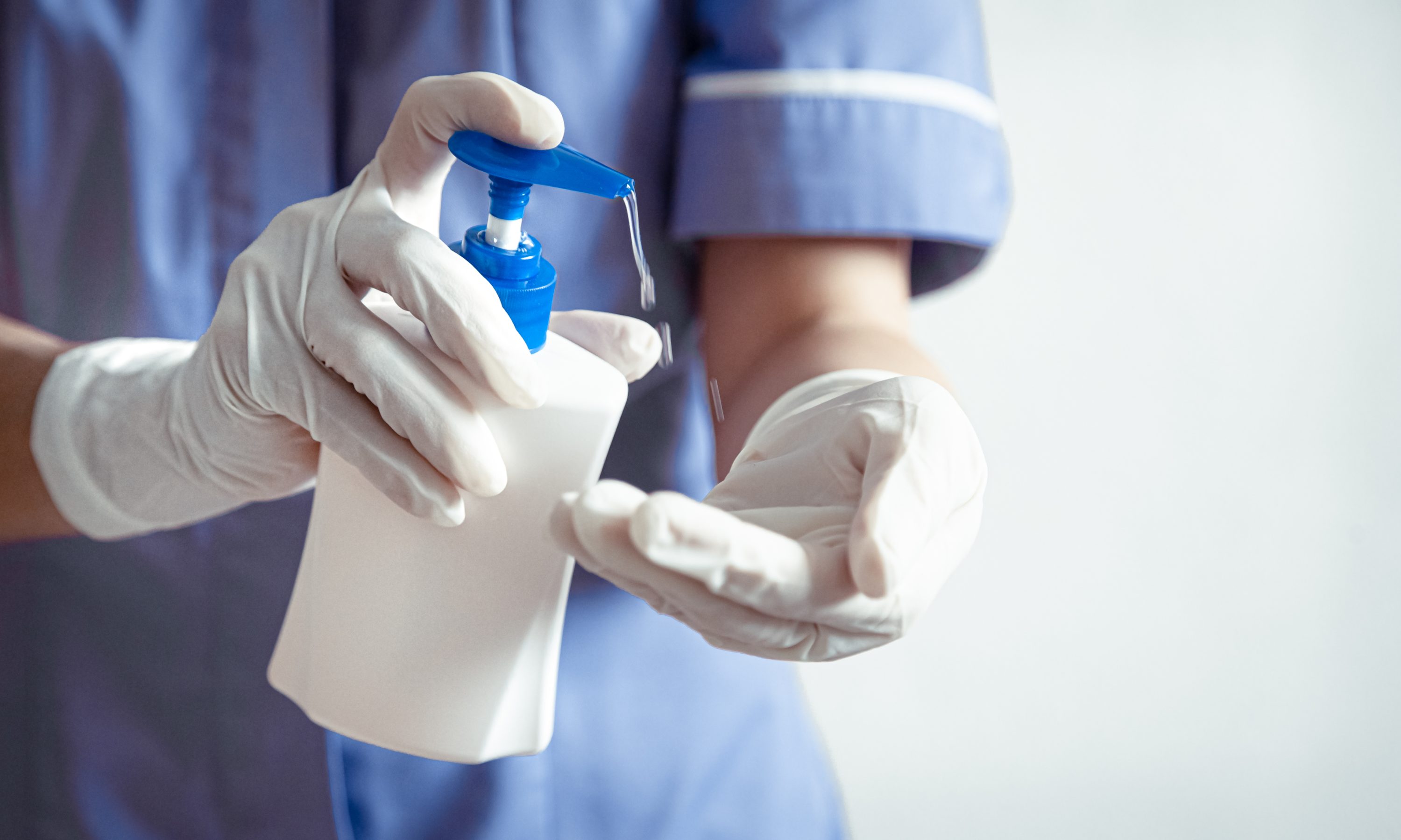
- Adhere to strict sterile technique during all aspects of dialysis procedures.
- Ensure a high level of sterilization process for all the medical devices after every use to maintain smooth quality control.
- Use disposable syringes and needles.
- Disinfect chairs after each patient’s use.
- Change of bedlines after each session. Use sterile bed liners every time.
Catheter Care:
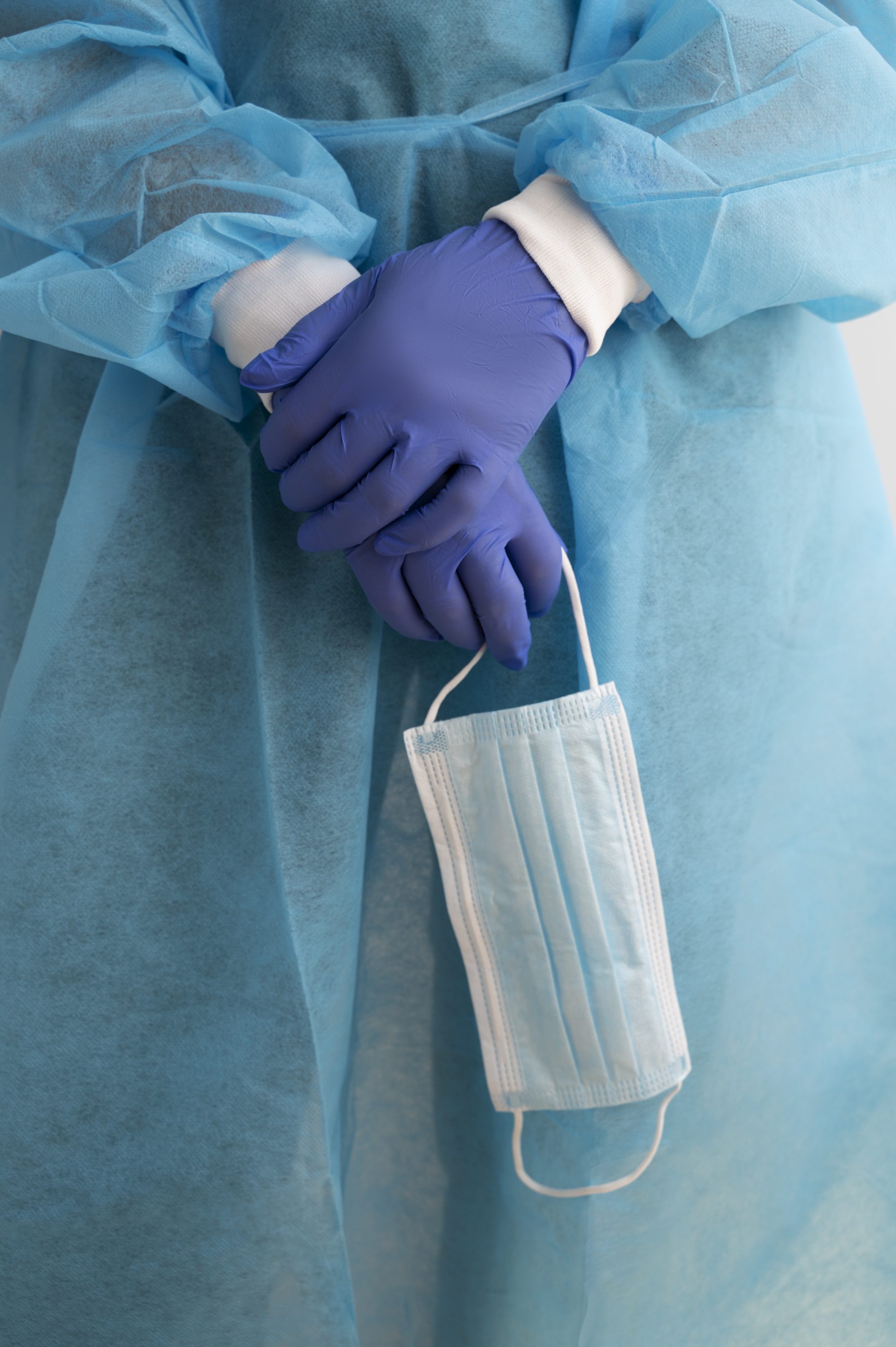
- Catheter insertion sites must be kept clean and dry.
- Use chlorhexidine gluconate to prevent sepsis
- Regularly inspect the exit site for signs of infection, such as redness, swelling, or discharge.
- Follow proper catheter care protocols, including the use of sterile dressings.
- Patients and health care workers should wear masks while hooking up their catheters to prevent infection.
- Always use sterile gloves while handling the catheter.
Water Quality:
- Dialysis machines use water to create the dialysate, so ensuring the quality of water used is essential.
- Regularly test and examiner water quality for bacteria and endotoxin situations.
- Follow established guidelines for water treatment and filtration.
Environmental Control:
- Disinfecting environmental surfaces once a week, and when surfaces are visibly soiled.
- Regularly clean and disinfect surfaces, equipment, and common areas.
- Clean environmental surfaces like bedrails, floor, and table tops on a regular basis, thrice daily.
- Prompt cleaning and decontamination of blood spills and other potentially infectious materials and discarding the contaminated items immediately as per compliance. Use protective gloves and disposable absorbent material for this process.
- Ensure proper ventilation to reduce the risk of airborne infections.
To know more about Kidney disease and Dialysis: Click here 👉👇
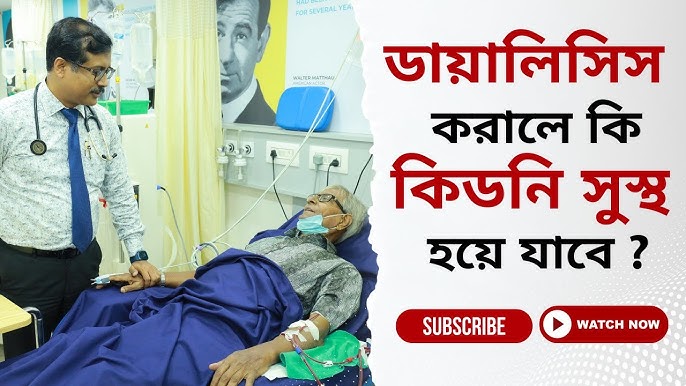
Vaccinations to Prevent Infections:

- Ensure that patients are up-to-date on vaccinations, including influenza, pneumonia, and hepatitis B.
- Serology tests for each patient must be done after 2-3 months of vaccination to confirm the effectiveness of vaccines.
- Healthcare providers and staff should also receive vaccinations to prevent the spread of infectious diseases.
Drug-Resistant Infections:
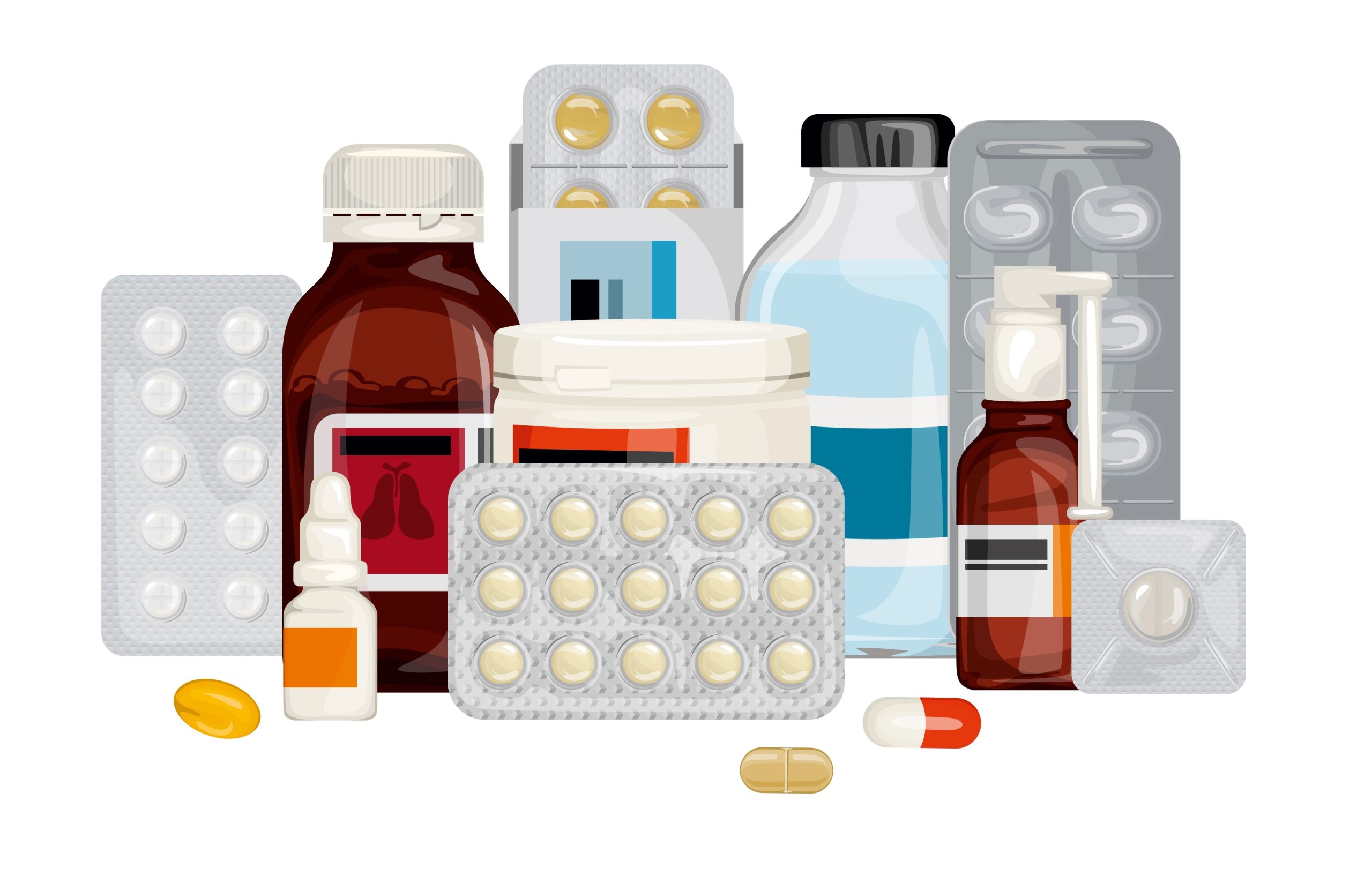
- Regularly inspect emergency medications to be prepared for any unforeseen situations.
- Overuse of antibiotics can also result in a greater risk of Clostridioides difficile, or C-diff, infections, which can be fatal.
- Follow established protocols for antibiotic prophylaxis in high-risk situations.
- Use antibiotics judiciously to prevent the development of antibiotic-resistant strains of bacteria.
Isolation Precautions:
- If a patient is known to have an infectious disease, appropriate isolation precautions should be implemented.
- This may include using dedicated equipment and rooms to prevent the spread of infection.
Patient Education:
- Educate patients and their caregivers about the importance of infection prevention.
- Teach proper hand hygiene, catheter care, and signs of infection to report.
Regular Surveillance:
- Implement a surveillance program to monitor and track infections within the dialysis facility.
- Promptly investigate and address any clusters of infections.
By implementing these measures, healthcare providers can help reduce the risk of infections in individuals undergoing dialysis, ultimately improving patient outcomes and quality of life.
For any inquiries or assistance regarding dialysis, please don’t hesitate to reach out to us. Our team is here to help 👇
Comment
Check Your EGFR
***We Promise, no spam!






